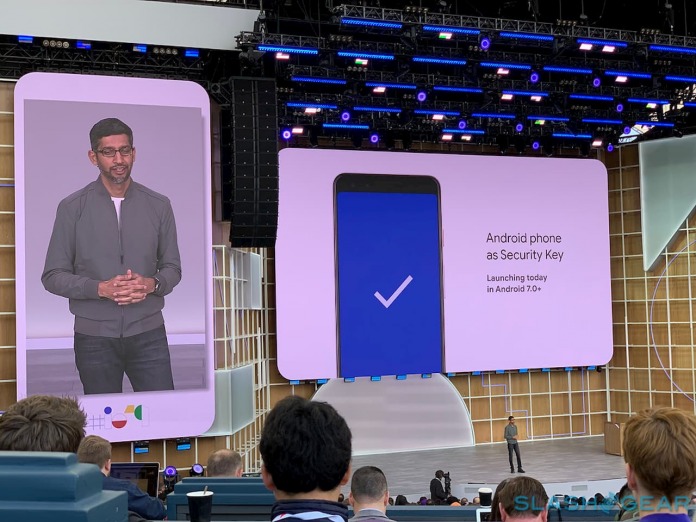
While most of those who attended or are following the Google I/O Developer’s conference are there for the new developments and features for Google and Android, another thing that seems to have taken center stage are the privacy and security plans of the tech giant. Given the fact that data breaches and privacy issues come up too often, it’s important to know what Google is rolling out to help protect our data and our privacy. What they announced has actually been covered before but now the public roll-out has started.
It was just last week that Google told us about the auto-delete option that they are bringing to their products, initially with Location History and Web & App activity. This option has now rolled out to users. You can now choose whether to keep your data with Google or have it automatically deleted after 3 months or after 18 months. The manual delete is still there in case you want to delete it right now.
If you use Chrome and YouTube, you probably already know about Incognito Mode which lets you browse without having your data and history tracked. Now the mode is coming to Google Maps so that if you want to keep “secret” the places you’re looking for in the app, you just use this mode and all the places you searched for won’t be linked to your Google account. The feature will also come to Search soon although they didn’t say when.
You will now also be able to use your Android phone as a 2 Factor Authentication security key, as long as it’s running Android 7.0 and above. 2FA is one of the best ways to keep your accounts secured so hopefully, more people will enable this in their Google accounts since we know that data breaches happen left and right.
These are just some of the ways that Google brings to help us keep our accounts and our data more secure. While of course they’re not fool-proof, you can never be too careful and so you should take advantage of these tools before someone takes advantage of you.









